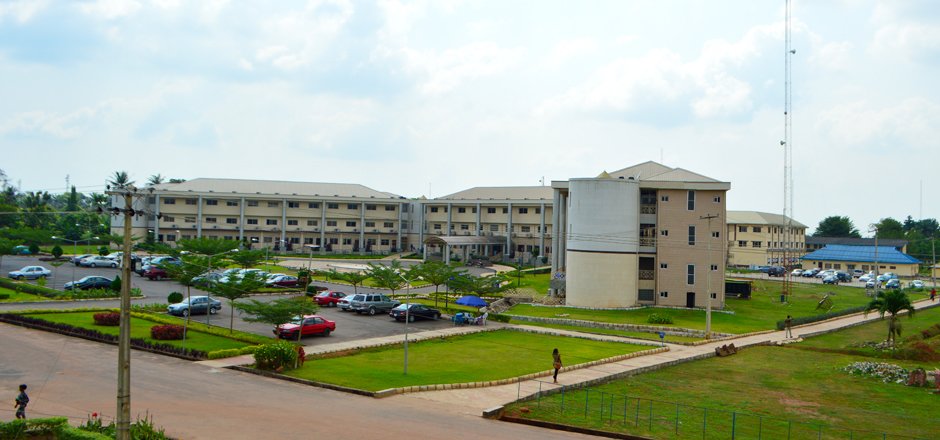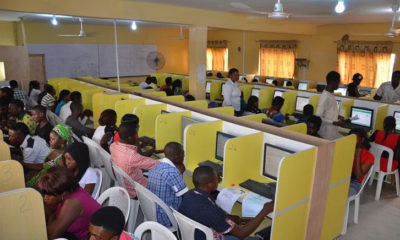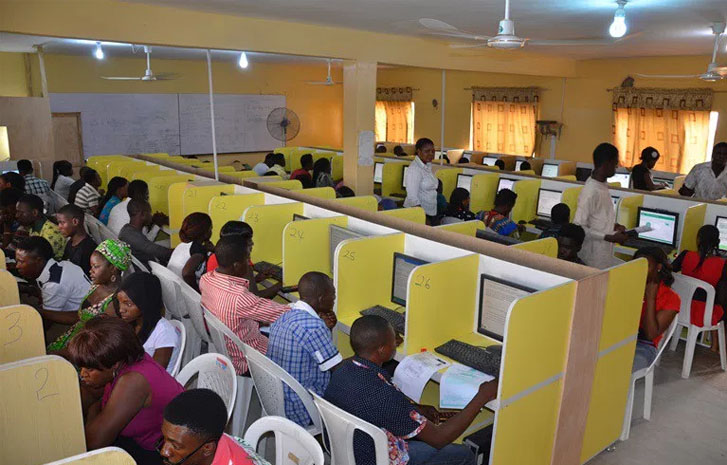Germany has implemented a new segment of its revamped skilled worker law, granting international students significant pre-study work rights.
This move aims to attract skilled workers from various sectors while fostering integration and easing financial burdens for students.
Under these fresh regulations, non-EU citizens applying for study visas can now arrive in Germany up to nine months before their studies commence.
During this period, which was previously not permitted for work, students are allowed to work part-time for up to 20 hours per week.
This change particularly benefits prospective students from developing countries, offering them the opportunity to support themselves financially while preparing for their academic pursuits.
The revised skilled worker law also extends its support to individuals interested in apprenticeships in Germany.
Third-country nationals seeking apprenticeships can now reside in the country for nine months, provided they demonstrate a B1-level proficiency in German and are below the age of 35.
During this preparatory period, they are permitted to engage in part-time work, laying the groundwork for their transition into full-time training once they secure an apprenticeship position.
Moreover, the new regulations enhance work opportunities for international students already enrolled in German institutions.
The permitted work duration for students has been extended from 120 to 140 full days in any calendar year, equivalent to 20 hours per week, or 280 half days per calendar year.
This adjustment acknowledges the financial challenges students may face and provides them with greater flexibility to manage their expenses.
In addition to pre-study work rights, graduates of German universities now benefit from an extended post-graduation stay of 18 months for job hunting.
This extended period offers graduates ample time to seek employment opportunities within Germany, with the option to apply for permanent residence after two years of continuous employment.
Overall, these amendments to Germany’s skilled worker law underscore the country’s commitment to attracting and retaining international talent.
By providing enhanced work opportunities and support mechanisms for students and graduates, Germany aims to strengthen its position as a hub for global education and professional development.

 Naira3 weeks ago
Naira3 weeks ago
 News4 weeks ago
News4 weeks ago
 Naira4 weeks ago
Naira4 weeks ago
 Naira3 weeks ago
Naira3 weeks ago
 Jobs3 weeks ago
Jobs3 weeks ago
 Travel3 weeks ago
Travel3 weeks ago
 Naira3 weeks ago
Naira3 weeks ago
 Investment4 weeks ago
Investment4 weeks ago






























